Modern Tao Ke: Q & A with Lamoiyan Corporation’s Cecilio Pedro
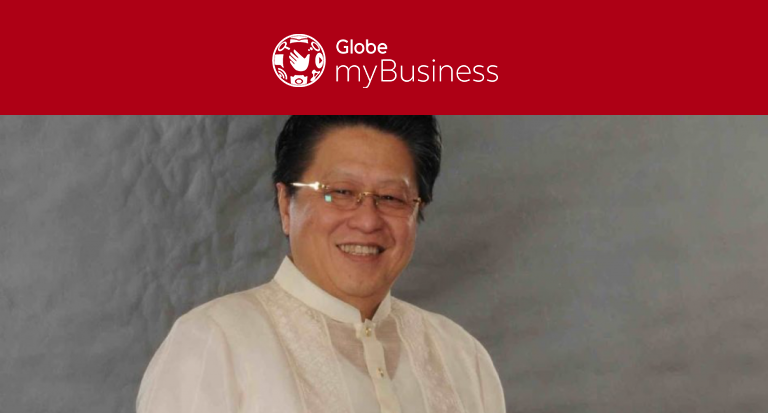
Four business experts shared their insights on the sixth installment of the ‘Create. Modern Tao Ke: The Transformational Journey of Family Businesses Through Innovation‘ webinar hosted by Globe myBusiness in cooperation with CHiNOY TV and Junior Chamber International (JCI) – Manila.
Advising tao kes on how to manage a business during a pandemic, Dr. Cecilio Pedro, CEO of the Lamoiyan Corporation, shares the value of hard work, social responsibility, and the importance of being able to adapt to the times.
Q: How are your companies doing at this time?
CP: Well, we’re doing quite well, by the grace of God. Because of the pandemic, we started producing alcohol, disinfectant, handwash, and other products suited for the current crises. And of course, we’re still producing toothpaste and dishwashing [soap]. Since even during this pandemic, people still brush their teeth, we’re surviving by the grace of God. If you stay home, you still have to wash your dishes, so dishwashing is still doing very well. We believe this coronavirus will not disappear overnight, so we will still continue to do very good business in the coming days, and even months, and even years. So we are very happy with Hapee toothpaste and the rest of our products from Lamoiyan Corporation.
Q: Any specific Chinoy characteristics that you want to highlight?
CP: [There is] a collection of so many characteristics [needed] to be successful as an entrepreneur. I cannot pinpoint one or two specific characters or characteristics for you to succeed. It is a compilation—a combination—of hard work, of being patient, of being innovative, of putting the team together, and at the end of the day, [of] being faithful to the Lord Jesus Christ because He decides what will happen to you and me.
I can be successful today, pero tomorrow, if something happens to me, that’s the end. So at the end of the day, it is all of this put together, such that you are being given this opportunity to succeed as an entrepreneur. So medyo mahirap, but it can happen because you can see a lot of entrepreneurs succeeding in a community. If you look at them, they have specific characteristics that [when] put all together, you [can] learn from all of these characters. Then the probability of success—the probability of succeeding in business will be much higher.
Q: What is the importance of being in a Chinese association?
CP: Well, I started my JC (Junior Chamber) career when I was 25. That was more than 40 years ago. There [are] so many things you can learn by joining the JCs. Let me start with the JCs. JCs—it’s an organization where they train leaders. It’s about leadership. You are given the opportunity to lead [and to learn] how to conduct meetings—how to mobilize friends together—so you can help the community and help even your business eventually. So this is an organization where you learn basic training. ‘Yan lang ang importante sa atin, especially if you’re going into business: training, training to lead, training to identify opportunities, and to address challenges. My intention in joining the leadership [is] so I can train others to be better than me, and then the organization will become better and better in the years to come. That is the primary purpose of the JCs.
Let’s talk about federation. [The] federation is a compilation of all the top businessmen in the country. It’s another level—much higher. Sa JCs, wala kaming nilalabas na pera. We ask people to contribute. Dito sa Federation, labas kayo ng pera because you have to donate. You have to contribute. That’s another level of challenge where we are called as businessmen. Sabi ni presidente namin, Dr. Henry: “You have to help.” All of us will have to help, and all of us can help, especially businessmen. Since you are given so [many] resources by the Lord God, you have to give it back. Kailangan ‘yan. Kung hindi, what is the meaning of life? At the end of the day, it’s about helping others and honoring God. And you find that in the Federation: giving back in a major way, [it’s] not just [about] your resources but also your time!
There must be an extension of what you believe should be part of [being a] businessman, which is to help—to contribute. At the end of the day, it’s [the] meaning in life. ‘Pag walang meaning in life, why would you contribute? Wala. ‘Di ba? For what? If it’s just for you, after a while, mawawala ‘yan. But if it’s for a higher purpose, which is helping the community to get to know the ultimate objective of human life in this world, it’s to honor God. That is, for me, the meaning of why we should join either the JCs while you’re younger, and then the Federation, when you reach a certain level.
Q: You mentioned at the start of this webinar that you have diversified products to stay relevant. You have alcohol. Can you elaborate more on that?
CP: You know, initially, when the pandemic came in—I think in March—we, the [executive committee] came together and decided what we should do to address the challenges we [were going to] face in the coming days and months. And I was looking at not just days and months, I was looking at years. Sabi ko this is the time for us to move into a special needs [market] for the pandemic, which [was] alcohol at that time dahil walang alcohol in the market. The people had a hard time looking for alcohol. And since we had the facility, and we had the contacts, [we] immediately, after two to three weeks—lumabas na kami ng alcohol.
So immediately we were able to sell a lot of alcohol. But having said that, let me put emphasis on the fact that we have to live with the pandemic—with the coronavirus. [The] coronavirus is not [going to] disappear overnight. It will stay with us [for] maybe years—maybe years. Even with the vaccine available, we cannot vaccinate the whole country or the whole world. It will be there. So anong gagawin natin in spite of the coronavirus? We have to live with it.
I’m so happy to learn from Marvin that they’re taking precautions, ‘di ba? Taking care of your employees. Unahin natin ang employees natin. They are the biggest asset inside the company. People around you are the biggest asset. Without them, you cannot move forward. You cannot produce anything without those people, so take good care of your employees. Social responsibility starts at home. Take care of your employees. Take care of your family members. Make sure your relationships are well-established—that you take care of each other, that you love each other, that you tolerate each other, [and] that you work together. Then you can move on and compete with the world. Unless the family is united, there is no way you can compete with other corporations—forget the world, or forget business.
Q: Do you think traditional Chinoy values still have a place in the digital age? And what Chinoy traits should remain?
CP: The values will never change. Values will never change. Remember technology is only a tool, ‘kay? The values should stay. [The] Chinese are known for being thrifty, being hard-working, being patient, being innovative. Look at China—how innovative the businessmen are in China. Doing business is very basic, okay? But the tools will change.
Okay. Ako, I’ve been pushing personally for technology. But I’m not ‘techy.’ So what do I do? I ask my son to take over. Bahala ka na, ‘noh? [In] 2014, he came in. Sabi niya, “Dad, we should go on social media.” Sabi ko, “Bahala ka na. I don’t know anything about social media!”
You should give way. Allow the younger generation to take over. Sometimes, ‘yung mga companies that are a bit old, traditional, the reason they cannot move forward is because the old people refuse to change. Palitan mo sila. Ask them to get out. Because they don’t know! They cannot adapt. And that’s why it’s preventing companies [from moving] forward. So the best thing is to adapt to change or get out. Let the young people take over.
But the values should be there. Look at the old generation. Being thrifty. That’s very, very crucial. Being hardworking. There’s no substitute for [hard work]. I don’t want to work on Sundays. Sundays are for the Lord, I agree. Absolutely! But Monday to Saturday, it’s another thing. You have to work. Kung may problema, 24/7 kami—basta Monday to Saturday. Sunday is for the Lord. But other than that, work hard. Because that is the key to success. No compromise. If we are [of] the same caliber, and one is working harder than me, or I’m working harder than you, my chances of success will be higher than you because I work 24/7, and you work only 12 hours a day. ‘Di ba? So [there is a] difference.
I love the young people because they are the future. Kami ni Henry, palabas na kami. We’re retiring. Henry is 60+. I’m 67, going 68. Wala na, eh. Even if I can do something, I [would] want to go back and help the community. Remember to help out the community. Helping one another is the key. At the end of the day, you bring nothing when you leave this world. Nothing. Not a single centavo.
So why not go out and help? At the end of the day, God recognizes people who do something for him and [those] who make a difference for the glory of God.
Q: What advice can you give for the modernization of education systems?
CP: The education system is under a huge challenge today, considering there [are] no more face-to-face meetings. So everything now is online. The key now is how [to] train the professors or the teachers to be ‘techy’—to be online—so they can reach the next generation… That is the number one challenge.
Q: Any final words that you would like to leave for our readers?
CP: For me, life is a journey. We’re given a specific time frame in this world, whereby we go through problems and challenges.
At the end of the day, you are finite. You can only do so little—so much. But of course, the journey entails a lot of learning and training, and I’d like to thank you for giving us the opportunity to not just share our little experiences but also to learn from each other. There is always something to learn, whether how young or how old [you are]. Always, with open ears, you will learn something.
***
In the end, Dr. Pedro advises aspiring tao kes to remember their social responsibility of giving back to the community. Beyond innovation and earning profits, being an entrepreneur is about improving not only oneself but also providing opportunities for the generations that are to come.
Watch the replay for the webinar on CHiNOY TV’s Facebook page, and stay tuned for more Q&A features with Dr. Cecilio Pedro, Kathleen Dy-Go, and Marvin Tiu Lim!

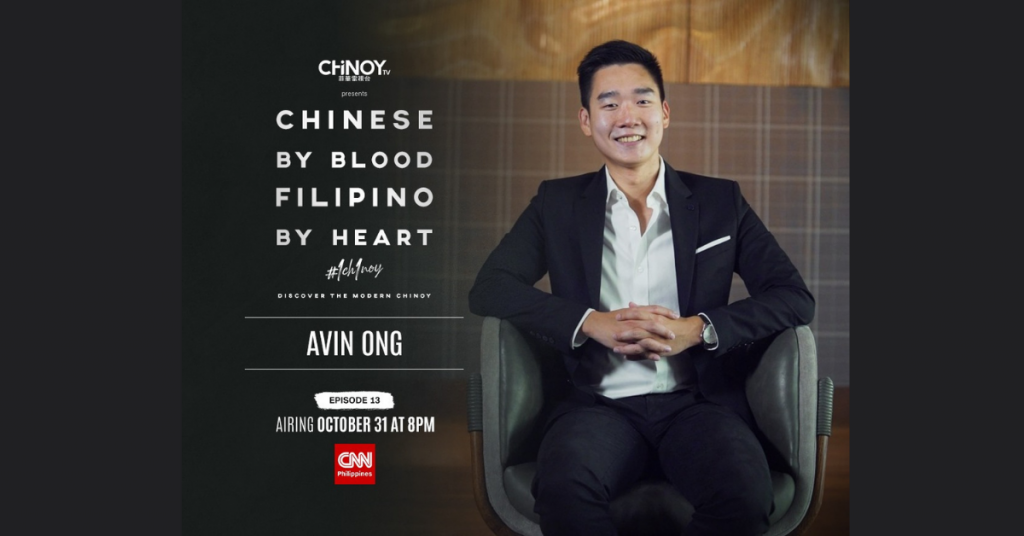
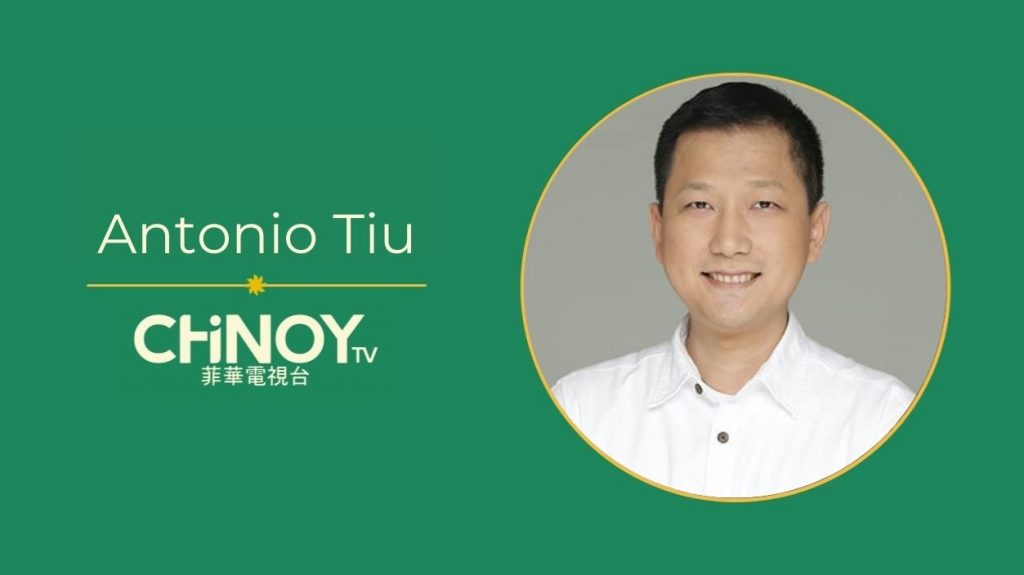
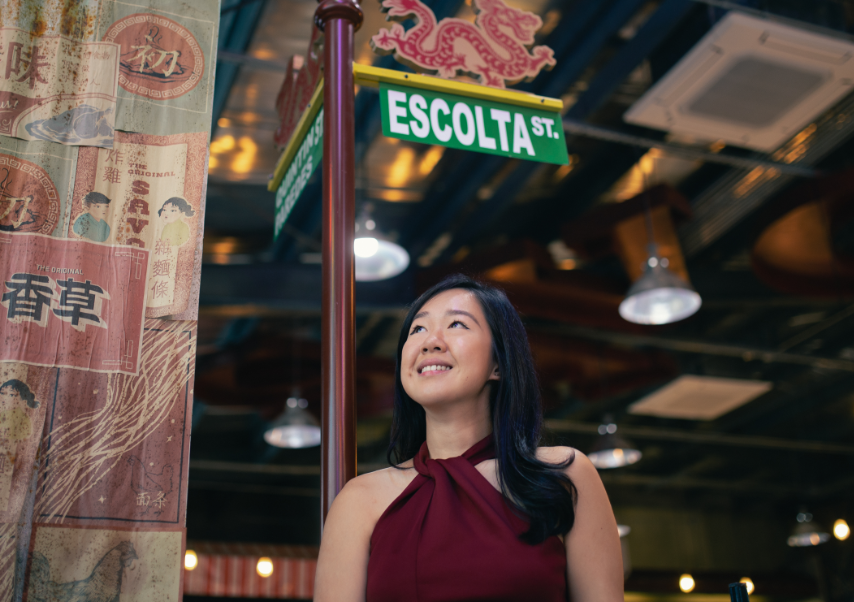
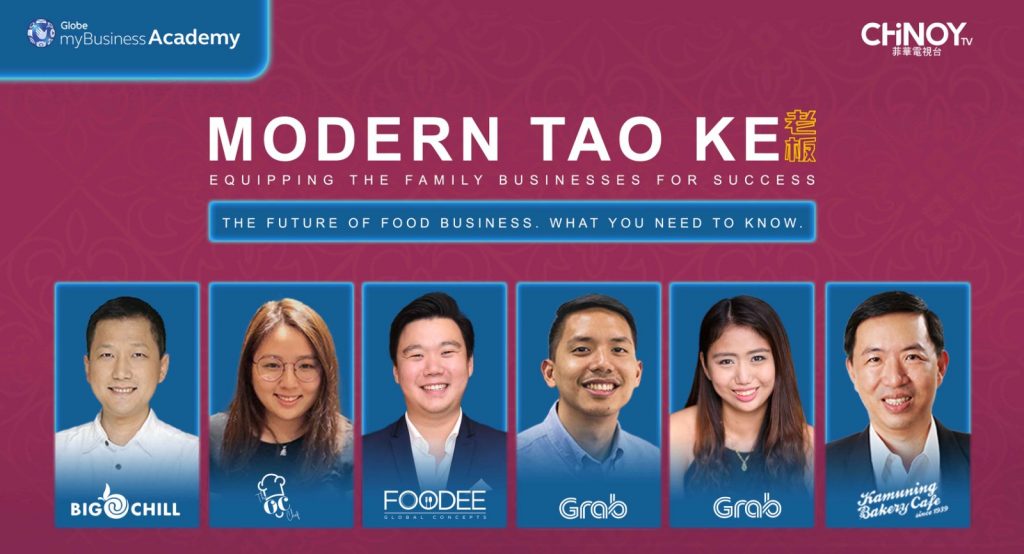
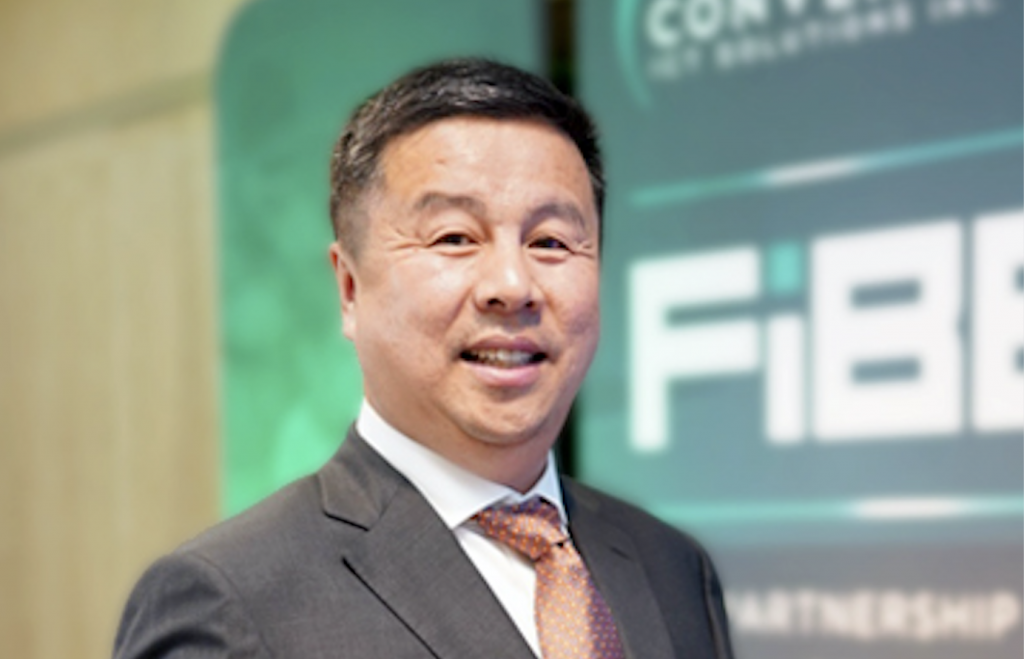
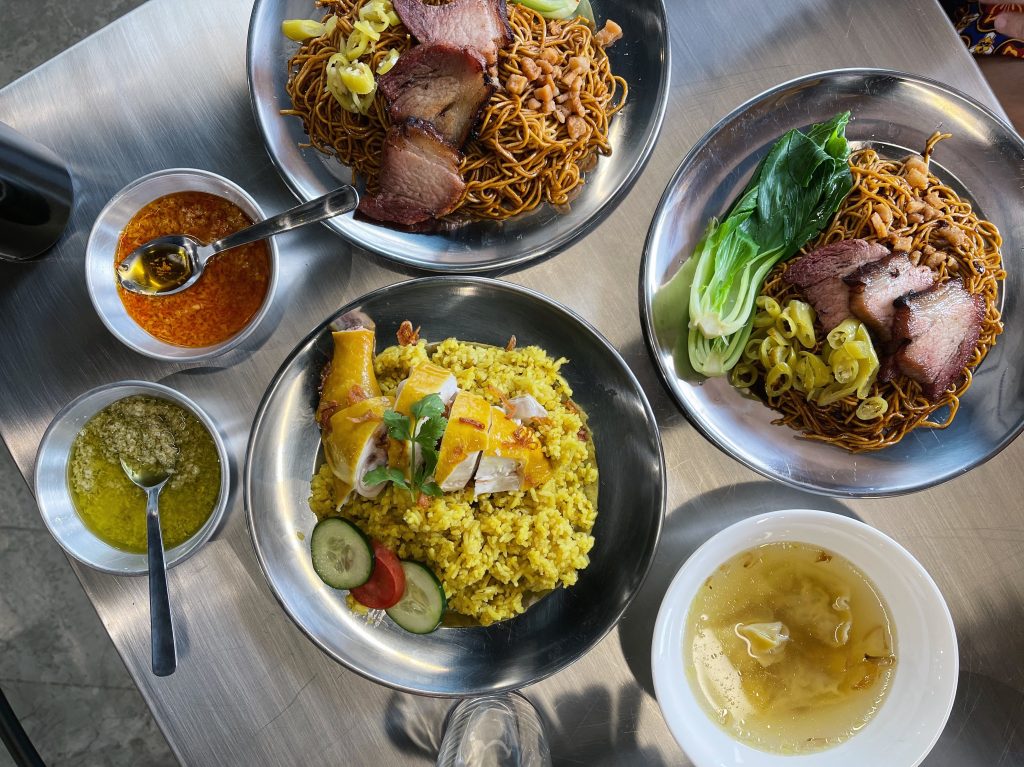
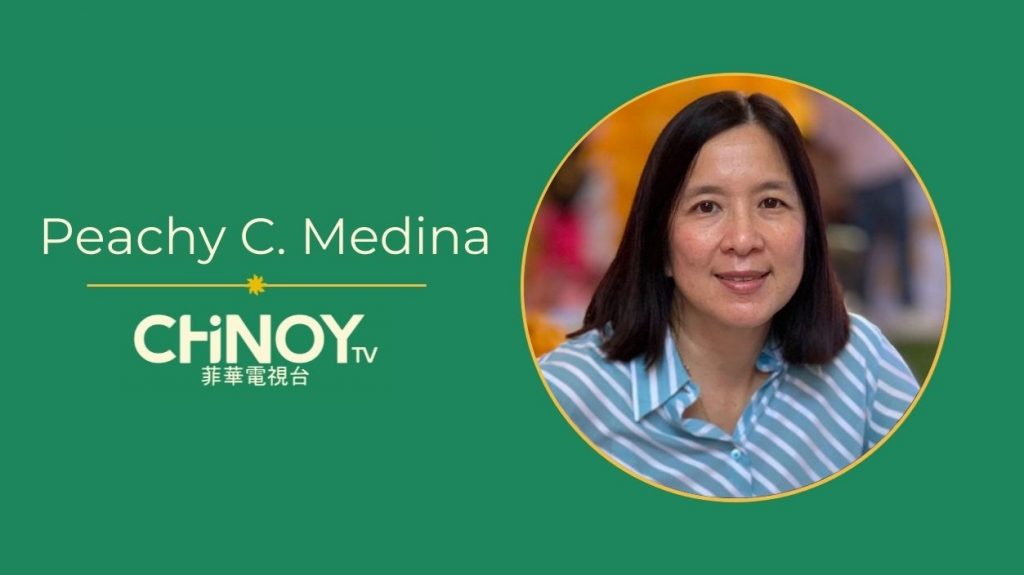
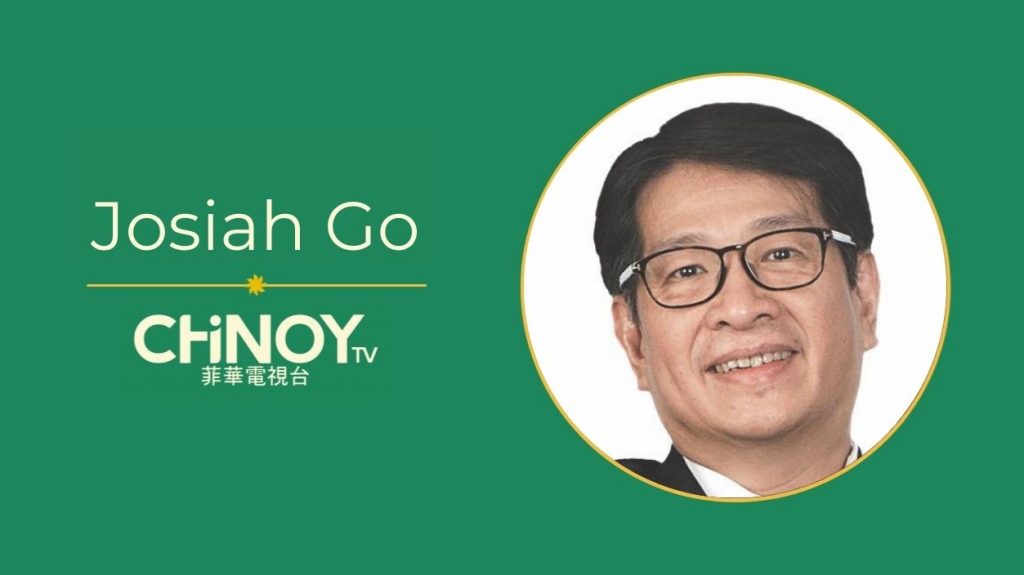
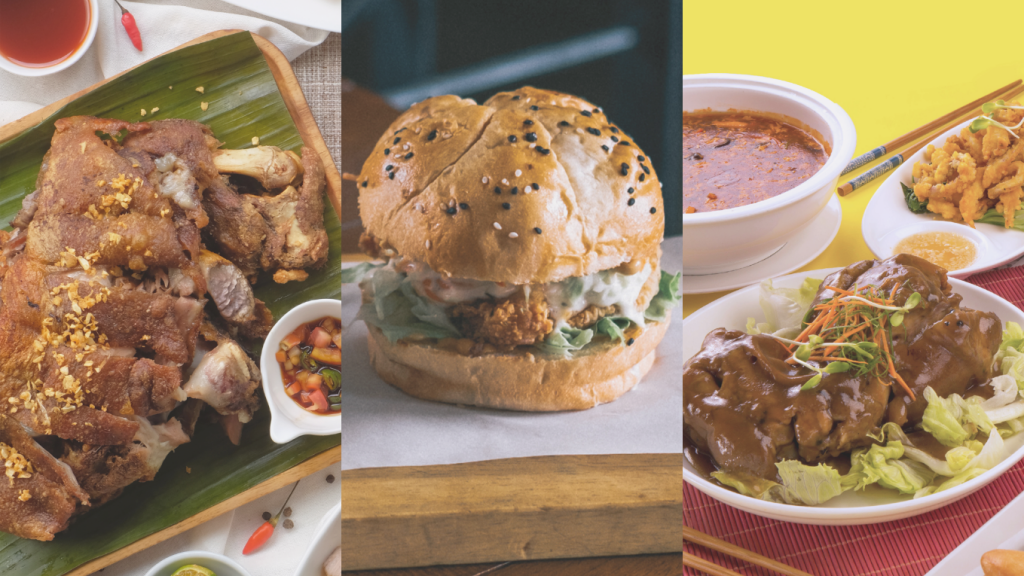



One thought on “Modern Tao Ke: Q & A with Lamoiyan Corporation’s Cecilio Pedro”